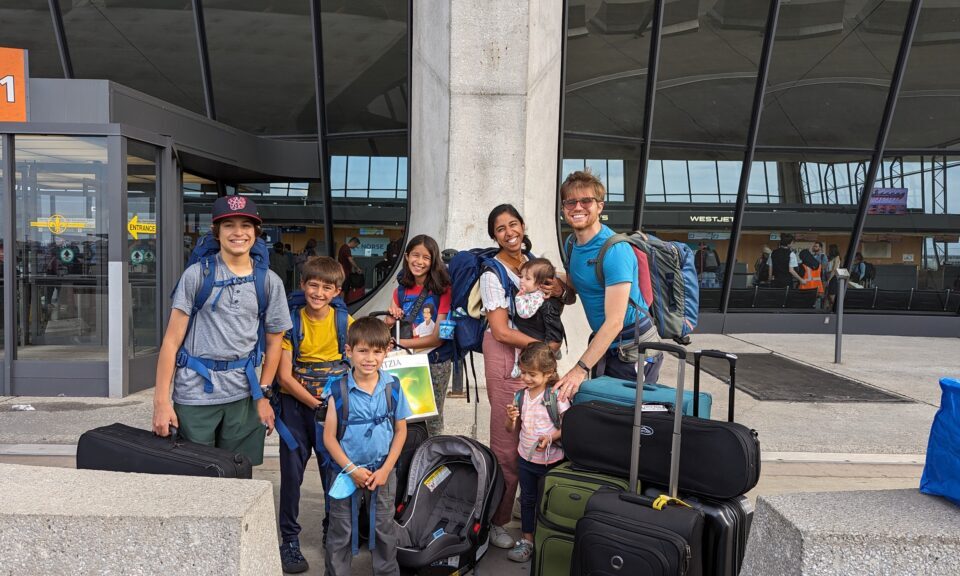Traveling internationally can be thrilling, but it also comes with its share of uncertainties. From medical emergencies to lost documents, unexpected events can derail even the most well-planned trip. Being prepared is not just a precaution; it’s an essential part of responsible travel.
In this guide, we’ll walk you through actionable tips to ensure you’re equipped to handle emergencies while exploring the world.
Pre-Travel Preparations
Researching Your Destination
Before boarding your flight, invest time in researching your destination. Familiarize yourself with local laws, customs, and emergency numbers, such as police, ambulance, and fire services. For instance, 112 is the universal emergency number in Europe, while 911 is commonly used in the U.S. Understanding these basics can save precious time during a crisis.
Additionally, check for travel advisories and health risks related to the region. Governments often provide detailed travel alerts for specific countries, covering risks like natural disasters or political unrest.
Travel Insurance
Never underestimate the importance of travel insurance. A comprehensive plan should cover medical emergencies, trip cancellations, lost baggage, and even evacuation. Look for policies that include 24/7 assistance, as these can prove invaluable in stressful situations. Compare options and ensure the coverage aligns with your planned activities—especially if you’ll be engaging in adventurous sports or visiting remote areas.
Document Duplication
Losing critical documents, such as your passport, can be a nightmare. Prepare by creating both physical and digital copies of your passport, visas, travel insurance, and identification cards. Store the digital versions in secure cloud storage, and keep the physical copies separate from the originals. These backups can expedite the process of getting replacements.
Health and Medical Emergencies
Preparing a Travel Health Kit
A well-stocked health kit is a traveler’s best friend. Include basic items like pain relievers, antiseptic wipes, bandages, and any prescription medications you require. For international travel, consider adding motion sickness tablets, diarrhea relief medicine, and insect repellent.
Knowing Your Health Coverage
Check with your health insurance provider to determine if your policy covers international medical expenses. If it doesn’t, consider purchasing travel health insurance that includes coverage for emergency medical evacuations.
Seeking Medical Help Abroad
If you need medical attention, seek recommendations from your hotel or local embassy. Many countries have dedicated clinics for tourists. Remember to keep receipts and reports for insurance claims.
Financial Precautions
Diversifying Access to Funds
Relying on a single payment method is risky. Carry a mix of cash, credit cards, and debit cards. Store them in separate locations to minimize loss in case of theft.
Emergency Access to Cash
In case you lose access to your funds, services like Western Union or bank wire transfers can help. Many banks also offer emergency cash services if your card is stolen. Inform your bank of your travel plans beforehand to avoid flagged transactions.
Staying Connected
Local SIM Cards vs. International Roaming
Communication is crucial during emergencies. Buying a local SIM card can save you money and ensure reliable connectivity. Alternatively, some international roaming plans offer global coverage at competitive rates.
Emergency Contacts
Compile a list of emergency contacts, including family, friends, and local authorities. Share this list with someone you trust back home. Save numbers in your phone and carry a physical copy for backup.
Navigating Unexpected Situations
Lost or Stolen Passport
Losing your passport can be daunting. Report the loss immediately to the local police and your country’s embassy or consulate. They can issue an emergency travel document or a replacement passport, although this process may take time. Keep passport photos handy to expedite the process.
Natural Disasters or Political Unrest
Stay informed about local news through reliable sources. If you find yourself in a crisis, follow official instructions and contact your embassy for assistance. Registering with your country’s travel program (like STEP for U.S. citizens) ensures the government knows your whereabouts.
Language Barriers
Carry a translation app or phrasebook to communicate effectively. Learning a few basic phrases in the local language, like “Help” or “Where is the hospital?” can also make a big difference.
Utilizing Resources
Embassies and Consulates
Embassies provide critical services during emergencies, from legal aid to evacuation assistance. Keep the nearest embassy’s contact details handy.
Travel Assistance Services
Travel assistance services offer 24/7 support for various emergencies. From medical emergencies to rebooking flights, these services can simplify a stressful situation.
Conclusion
Preparation is the key to enjoying worry-free international travel. By taking proactive steps, such as purchasing travel insurance, diversifying funds, and staying informed about local resources, you can confidently handle unexpected challenges. Safe travels start with smart planning—don’t leave home without it!
FAQs
What is the first thing to do if I lose my passport abroad?
Report the loss to local authorities and contact your country’s embassy or consulate for assistance.
Can travel insurance cover political evacuation?
Yes, some travel insurance policies include coverage for political or security evacuations. Check the terms of your policy.
How can I prepare for language barriers while traveling?
Use translation apps, carry a phrasebook, and learn basic local phrases to bridge the communication gap.




